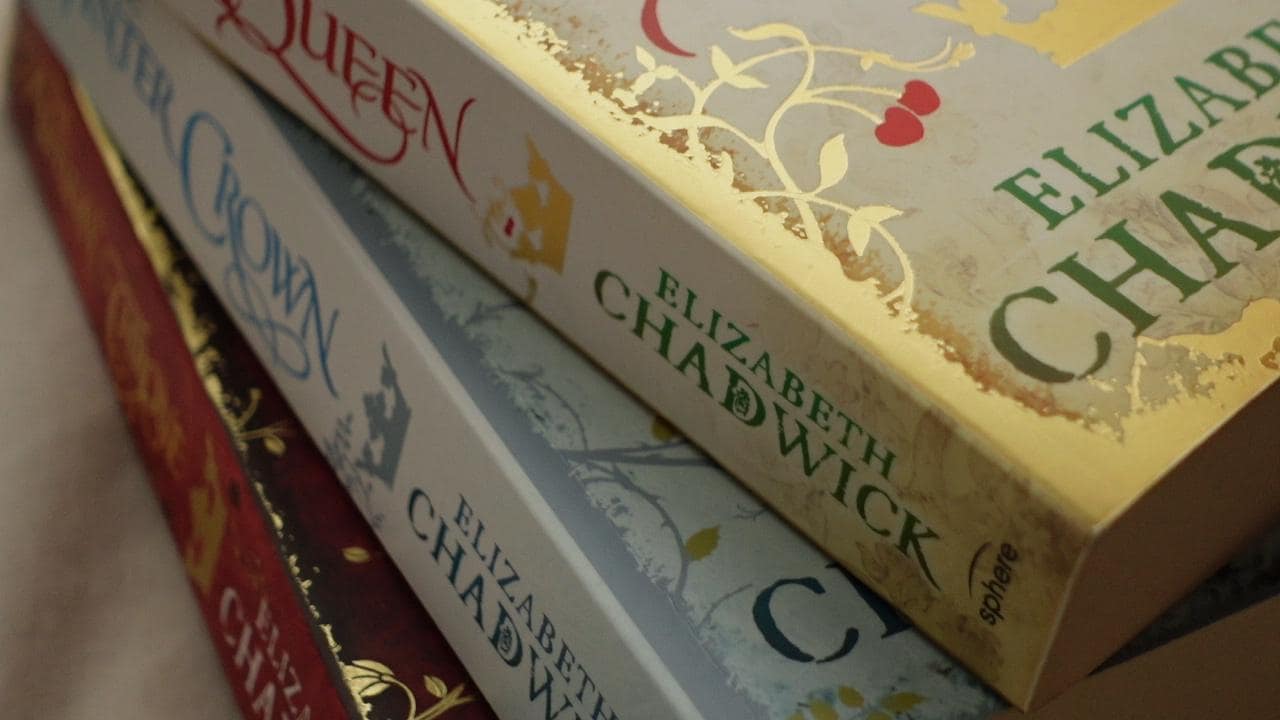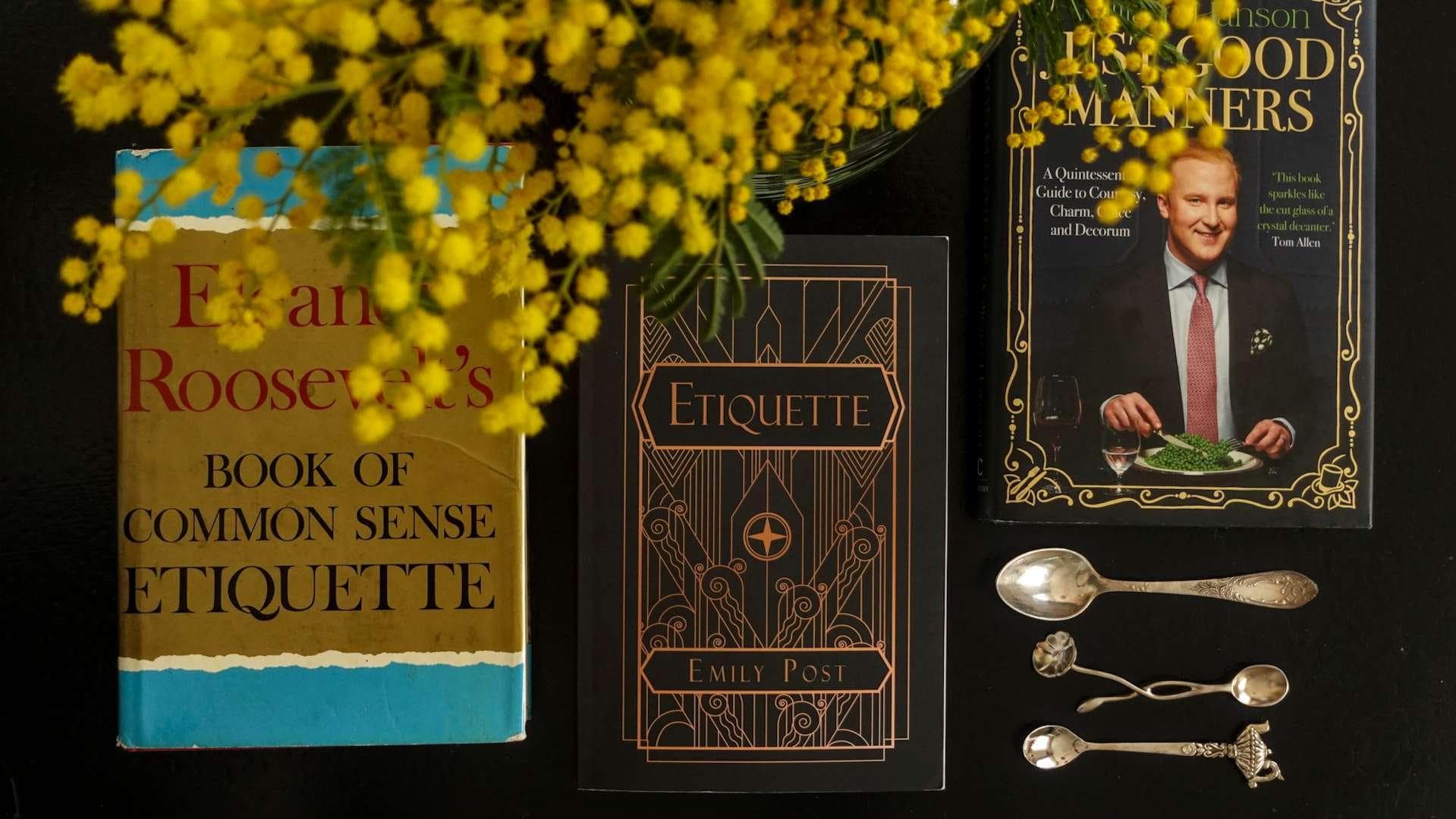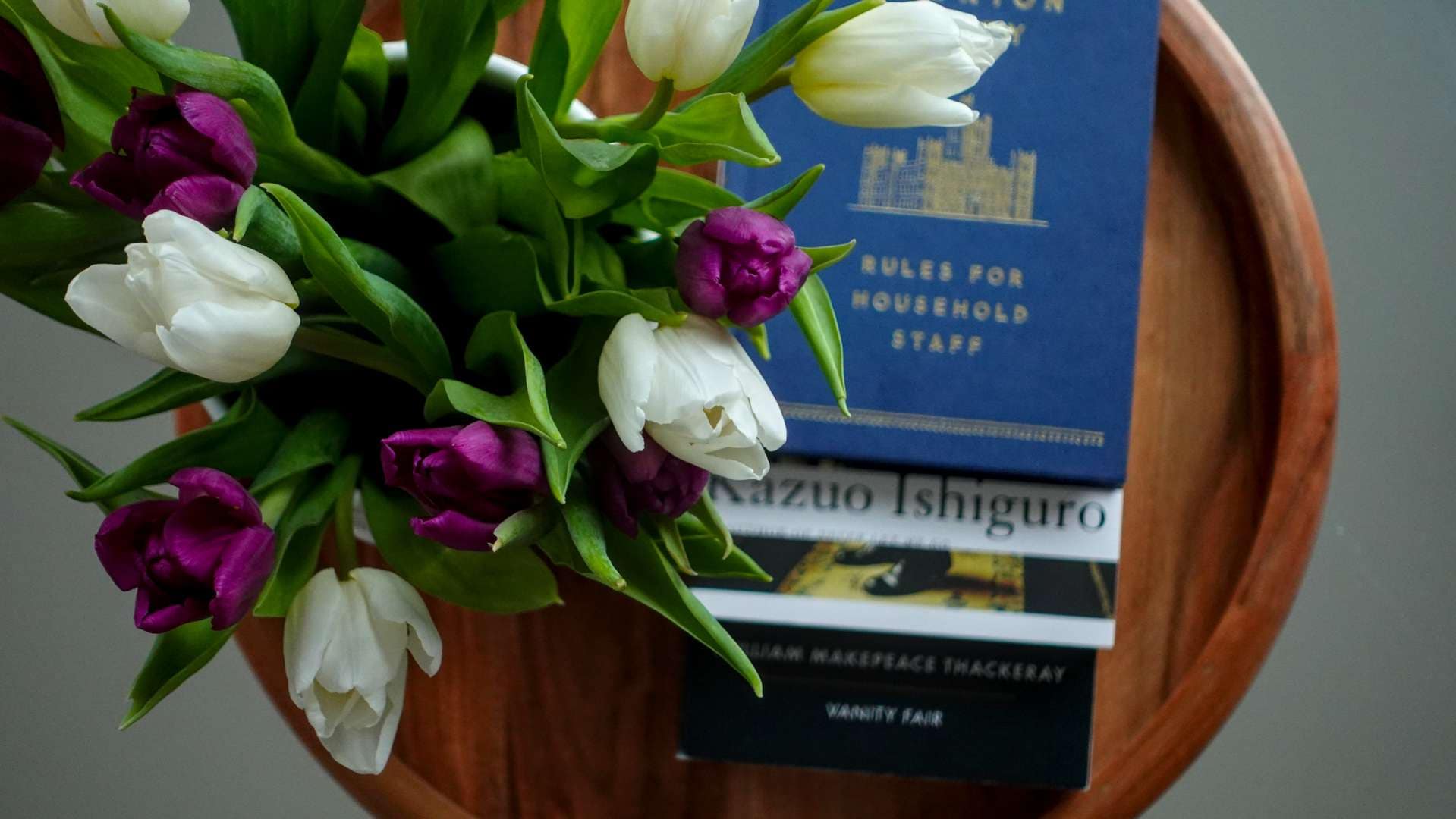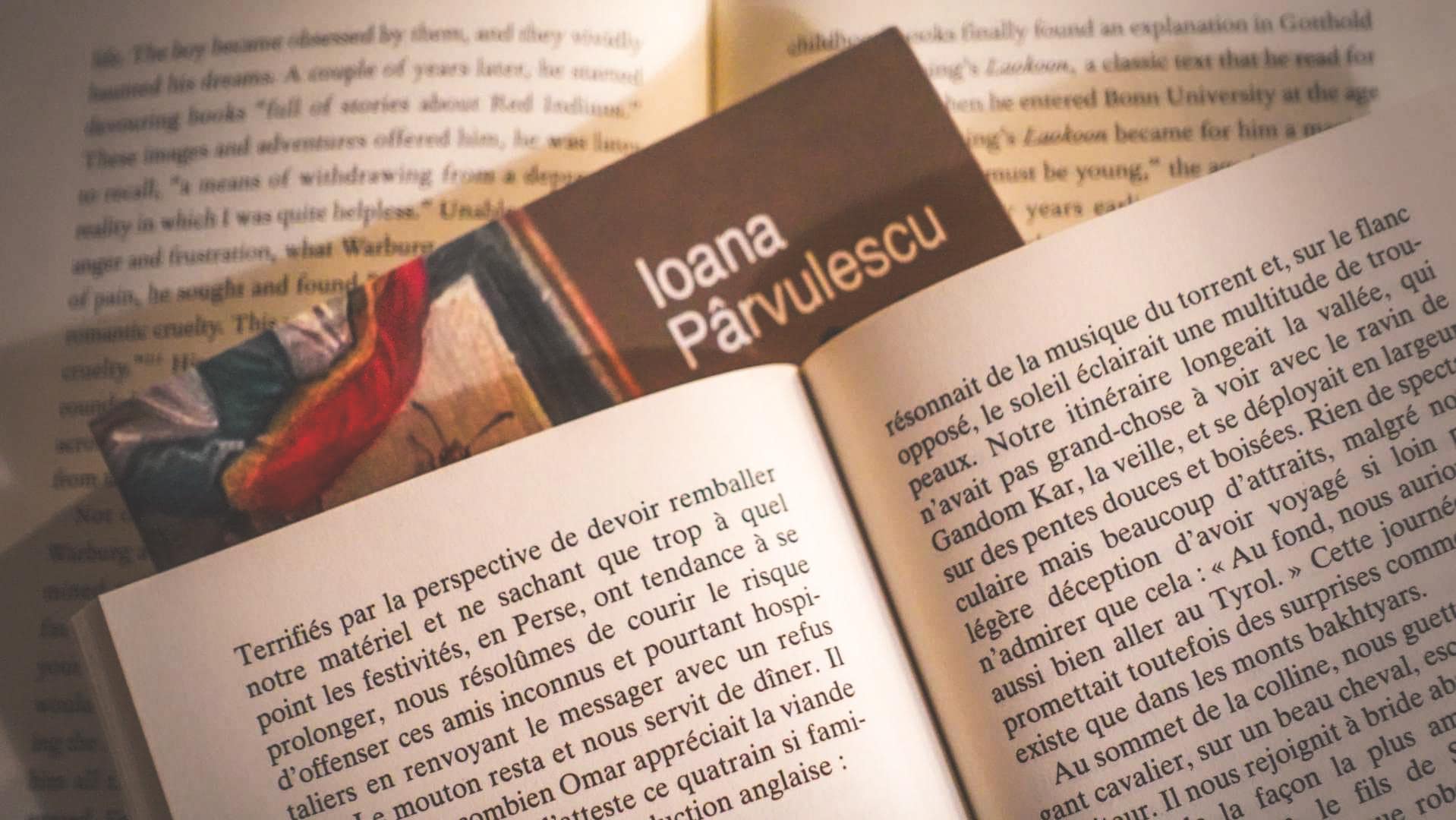Hello friends, and welcome to our tenth day of Advent. Today we meet with Aliénor of Aquitaine once more, in a series of books that will enliven history like no other.
Elizabeth Chadwick’s career as a historical fiction writer is impressive, and her love of the Middle Ages is no secret. I have gotten to know her through her trilogy dedicated to Aliénor, which takes all the information you can find in biographies like the ones we’ve spoken of earlier this month, and makes them unforgettable.A chance for readers that are not big fans of history, to know this extraordinary story in a more entertaining fashion.
The first volume, The Summer Queen, begins with the death of her father and her becoming Duchess of Aquitaine, covers her marriage to Louis VII and her divorce, then her remarriage to Henri Count of Anjou, future king of England. I loved so many passages in this first book, since they all seemed familiar, yet somehow enriched by the liberties she took in adding small details to every event. I was impressed by the fast paced storytelling of Aliénor’s return to her natal Aquitaine after divorcing the King of France; She was one of the greatest prizes to be taken by a man, and with the mediaeval religious yet brutal methods available, all you had to do was to bed her (by force if necessary) and you could claim her as a wife, along with all her territories. This sequence was wonderfully exploited by Chadwick, giving a most exciting chapter of suspense and action, one that I remember each year as I cross the Loire for my Aliénor pilgrimage.
The second volume, The Winter Crown, covers the time between her marriage to Henry and her imprisonment by him, following her attempt to overthrow him, with the help of their children. A love story that starts more as an infatuation than anything else, between an ex-Queen and a feisty young count ten years younger than her, becomes a battle for power between a visionary Queen and a temperamental King. The sexual side of Aliénor might surprise you in the books, you might even suspect a modern day marketing scheme to oversex their story. In fact, we know from different sources that Aliénor was very ahead of her time when it came to intimacy. A few centuries ahead, you might say. We have mentions of sexual rumours regarding her and a high ranking French officer, her father-in-law, uncle and several troubadours who followed her court. She might not have been so liberal with her favours, yet we can safely say she saw the pleasures of the flesh as a natural part of life, in a time when the Church controlled every aspect of life, even this one.
Finally, the third book, The Autumn Throne, takes her story from her coming out of prison after Henry’s death, the reign of her favourite son, Richard Lionheart, as King of England, and she as one of the most powerful Queen Mothers in history, up to her retreat from the world at the Fontevraud Abbey and her death. The later part of her life was just as eventful as the rest, and if I hadn’t known the history, I probably would have suspected the author of forcing the events just a little. You definitely go through the books as if they were blockbusters, and I think in the end, this is the main purpose of historical fiction, to make you remember the facts thanks to the way they were told, while remembering that reality was only an inspiration for the author.
A trilogy I recommend to all readers, regardless of their interest in the Middle Ages or the Plantagenet dynasty. You will better understand my fascination for Aliénor, that’s for sure.
See you tomorrow !





